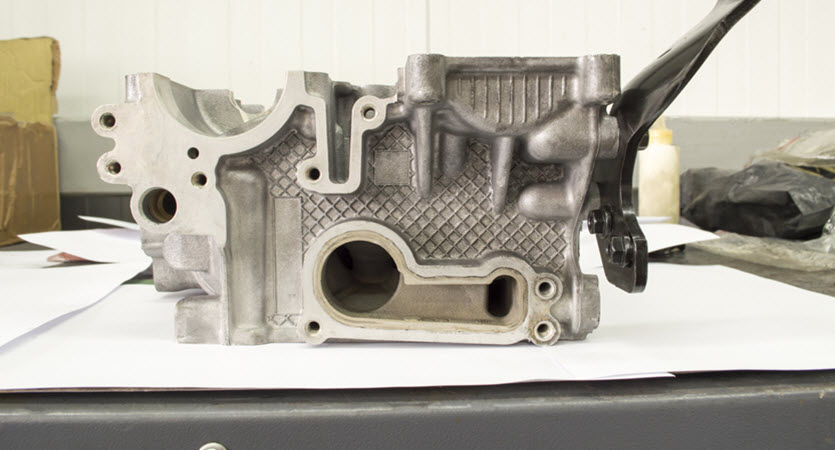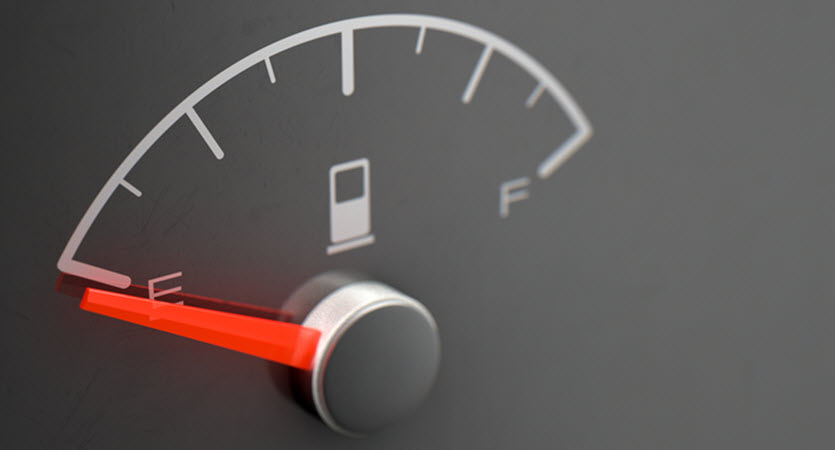BMW fuel pumps are designed to deliver a continuous flow of fuel to the engine, even under high-demand conditions. The pump is usually located in the fuel tank, and it is powered by an electric motor. When the engine is started, the electric motor starts the fuel pump and forces fuel through a filter and into a delivery pipe. The delivery pipe then carries the fuel to the injectors, where it is sprayed into the engine.
BMW fuel pumps are designed for maximum efficiency and reliability, and they typically have a long service life. However, it is important to keep an eye on the condition of the pump and to replace it if necessary. Otherwise, you could end up with an engine that doesn’t run as smoothly as it should. If you suspect you have fuel pump problems, you should watch for these signs before it becomes a major problem with costly repairs.
The Fuel Pump in Detail
BMWs are known for their precision engineering, and one of the most important components of any BMW is the fuel pump. The fuel pump is responsible for delivering a precise amount of fuel to the engine, and it can be susceptible to wear and tear over time.
There are a few signs that may indicate that the fuel pump is starting to fail.
First, your BMW may start to experience problems starting up. The engine may turn over more slowly than usual, or it may not start at all.
Second, your vehicle may start to experience performance issues while driving. The engine may misfire or hesitate when accelerating.
Third, your BMW may start to experience fuel economy issues. Your car or SUV may use more fuel than usual, or it may have difficulty reaching high speeds.
If you notice any of these signs, it’s important to have your BMW checked by a qualified technician as soon as possible.
Causes of a Fuel Pump Failure
There are several reasons why a BMW fuel pump may fail, including:
- A Clogged Fuel Filter: If the pump becomes clogged, it can cause a range of problems. For example, the engine may run rough or stall completely. In addition, the vehicle may be difficult to start, or it may experience a loss of power. Clogs can occur due to a build-up of dirt and debris, or they may be the result of a faulty pump. BMW recommends that drivers have their fuel pumps inspected regularly to prevent clogs and other issues. If a pump does become clogged, BMW suggests taking the vehicle to a qualified technician for service.
- Contamination of Gasoline: BMW fuel pumps are designed to work with a specific grade of gasoline, and using contaminated gasoline can damage the pump and cause it to fail. Contaminated gasoline can contain water or other impurities that can gum up the works, causing the pump to fail or seize up. In some cases, contaminated gasoline can also lead to engine knock or misfire, reducing performance and causing long-term damage. If you suspect that your BMW has been fueled with contaminated gasoline, have the pump checked by a BMW dealer or qualified technician as soon as possible.
- Electrical Problems: BMW’s fuel pumps are electric and use a rotating magnet to generate the pressure needed to deliver the fuel to the engine. The pump is controlled by the engine’s computer, which regulates the flow of fuel based on the amount of air being drawn into the engine. If there is an electrical problem with the fuel pump, it can cause the engine to run erratically or stall. In some cases, it may also cause the engine to misfire. BMW has a service bulletin that outlines the steps that need to be taken to diagnose and repair electrical problems with fuel pumps. However, it is advisable to take your BMW to a qualified mechanic or BMW dealership for diagnosis and repairs.

MotorHaus
We provide BMW owners with superior repair and services at fair prices. We have a complete team of certified technicians who are well versed at repairing the BMW line including the 1-7 Series, X, Z4, and M. If you live in or around West Palm Beach, FL and suspect your BMW has fuel pump issues, give us a call today!

 5.0 Rating on
5.0 Rating on 




